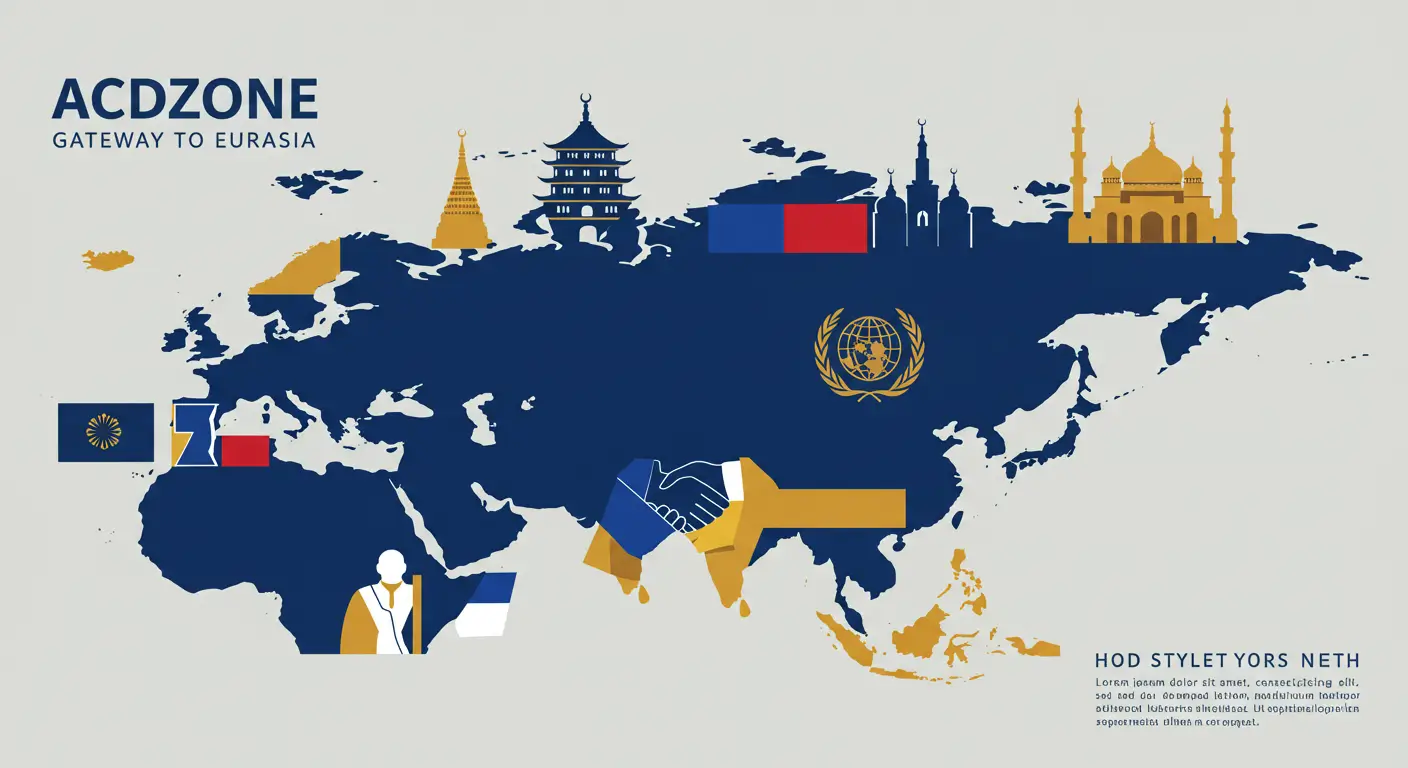Tourism and Attractions of the Philippines
Discovering the Philippines: A Tropical Paradise of Nature and Culture
Set in the heart of Southeast Asia, the Philippines is not merely a collection of islands—it’s a mosaic of natural wonders and cultural depth. With over 7,000 islands, this country offers more than just sunny beaches: it’s a vibrant destination where history, biodiversity, and the warmth of the people coexist beautifully.
1. Palawan: Where Jungle Meets the Ocean
Palawan is famous for its emerald lagoons, hidden caves, and limestone cliffs. El Nido and Coron attract divers, nature lovers, and seekers of serenity.
📸 Image Prompt: A small boat floating in crystal-clear waters between tall limestone cliffs in El Nido, surrounded by tropical greenery.
2. Vigan: A Walk Through Colonial Time
Vigan in northern Luzon, with cobbled streets and Spanish-era mansions, is a UNESCO World Heritage site that brings Philippine colonial history to life.
📸 Image Prompt: A cobblestone street in Vigan lined with colonial houses and a horse-drawn carriage passing through.
3. Manila: The City of Layers
Manila blends heritage and progress. From the historic walls of Intramuros to futuristic malls, the city offers a complete panorama of Filipino society.
📸 Image Prompt: The old stone walls of Intramuros at sunset, juxtaposed with the modern skyline of Manila in the distance.
4. Local Festivals: Living Celebrations
Festivals like Sinulog in Cebu blend dance, costume, and spirituality. These events offer an immersive cultural experience that defines Filipino vibrancy.
📸 Image Prompt: Colorful dancers in traditional attire performing in a Sinulog parade, with cheering crowds and festive flags.
5. Bohol and the Chocolate Hills
The iconic Chocolate Hills of Bohol are a geological marvel. Visitors can enjoy nature treks and spot the rare Tarsier monkeys endemic to the region.
📸 Image Prompt: Green conical hills fading into the horizon, viewed from a wooden observation deck with a tourist admiring the view.
6. Boracay: White Sands and Water Sports
Boracay Island is perfect for relaxation and water adventures. With powder-white sand, clear waters, and lively nightlife, it offers something for every traveler.
📸 Image Prompt: Sunset at Boracay beach, with people walking on the white sand and traditional boats silhouetted against the orange sky.
Conclusion
The Philippines is more than a vacation spot—it’s an experience of nature, culture, and history. Whether you’re a leisure traveler or a cultural diplomat, its richness promises a journey that resonates beyond the surface.
From Ancient Oases to Futuristic Skylines: Tourist Attractions of Saudi Arabia
Historically known as a spiritual hub for Muslims, Saudi Arabia is now unveiling its broader identity as a destination rich in history, nature, and innovation. From the sandstone valleys of Hijaz to visionary mega-projects like NEOM, the Kingdom is bridging a legacy of ancient civilizations with a future shaped by sustainability and smart technology.
Holy and Spiritual Cities
Mecca and Medina remain at the heart of Islamic pilgrimage. While access is restricted to Muslims, the spiritual aura and architectural grandeur of these cities are essential to Saudi identity. Massive infrastructure projects around the Grand Mosque and the Prophet’s Mosque have enhanced their capacity and tourism services.
UNESCO Heritage and Historical Sites
Saudi Arabia hosts several UNESCO World Heritage Sites, including Al-Hijr (Madain Saleh), the ancient Nabatean city carved into the sandstone. Ad-Diriyah, the birthplace of the Saudi royal family, has been meticulously restored into a cultural tourism centerpiece blending history and modern amenities.
Diverse Landscapes and Natural Beauty
Contrary to common belief, Saudi Arabia is not just desert. The misty green Asir mountains, Al-Baha’s forested hills, the coral-rich Red Sea, and the vast Empty Quarter desert (Rub' al Khali) reveal its climatic diversity. National parks like Uruq Bani Ma'arid offer protected areas for wildlife observation.
Coastal Tourism and the Red Sea
The Red Sea coast offers crystal-clear waters, exceptional coral reefs, and pristine beaches. Development projects such as The Red Sea and Amaala aim to transform this coastline into a global luxury tourism hotspot, featuring eco-resorts, underwater excursions, and yacht-based experiences.
Futuristic Projects
NEOM, a smart megacity near the Jordanian border, is a flagship of Vision 2030. "The Line", a zero-carbon city with no cars, has captured global attention. These projects promise immersive experiences that integrate technology, sustainability, and the natural environment.
Festivals and Cultural Events
Traditional festivals such as the Camel Festival, Riyadh International Book Fair, and Jeddah Season are being revitalized. These events combine music, cuisine, crafts, and folklore, enhancing Saudi Arabia’s profile in cultural tourism.
Conclusion
With its vast cultural heritage, natural beauty, and futuristic vision, Saudi Arabia is emerging as a new global travel destination. Moving beyond religious tourism, it offers a multifaceted experience—where tradition, history, environment, and innovation coexist. Understanding this evolution is vital for travelers and regional observers alike.





No comment